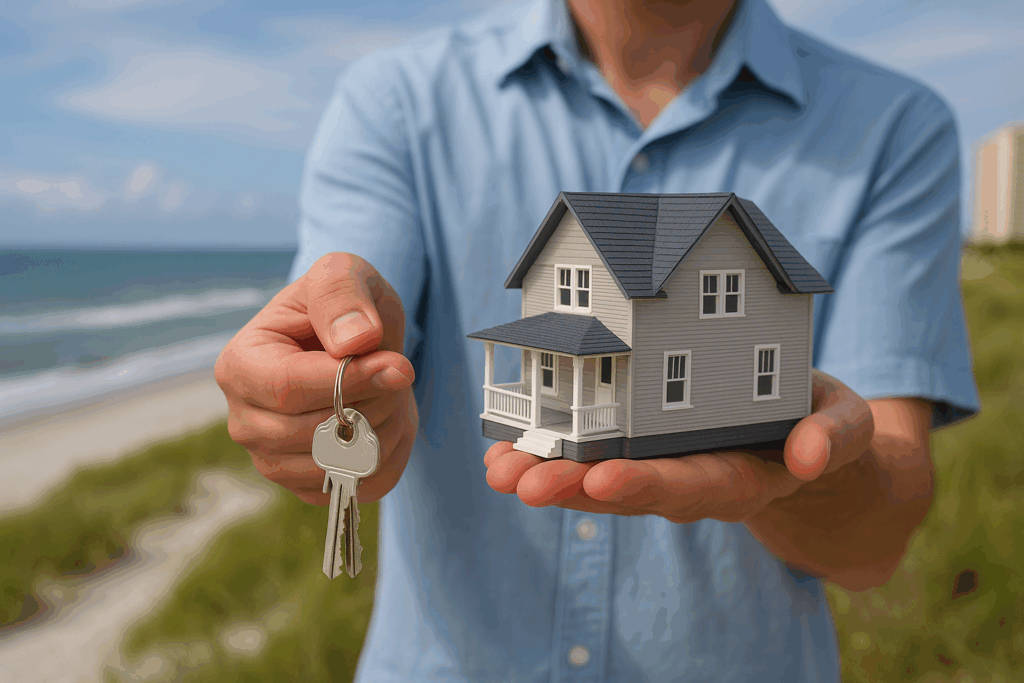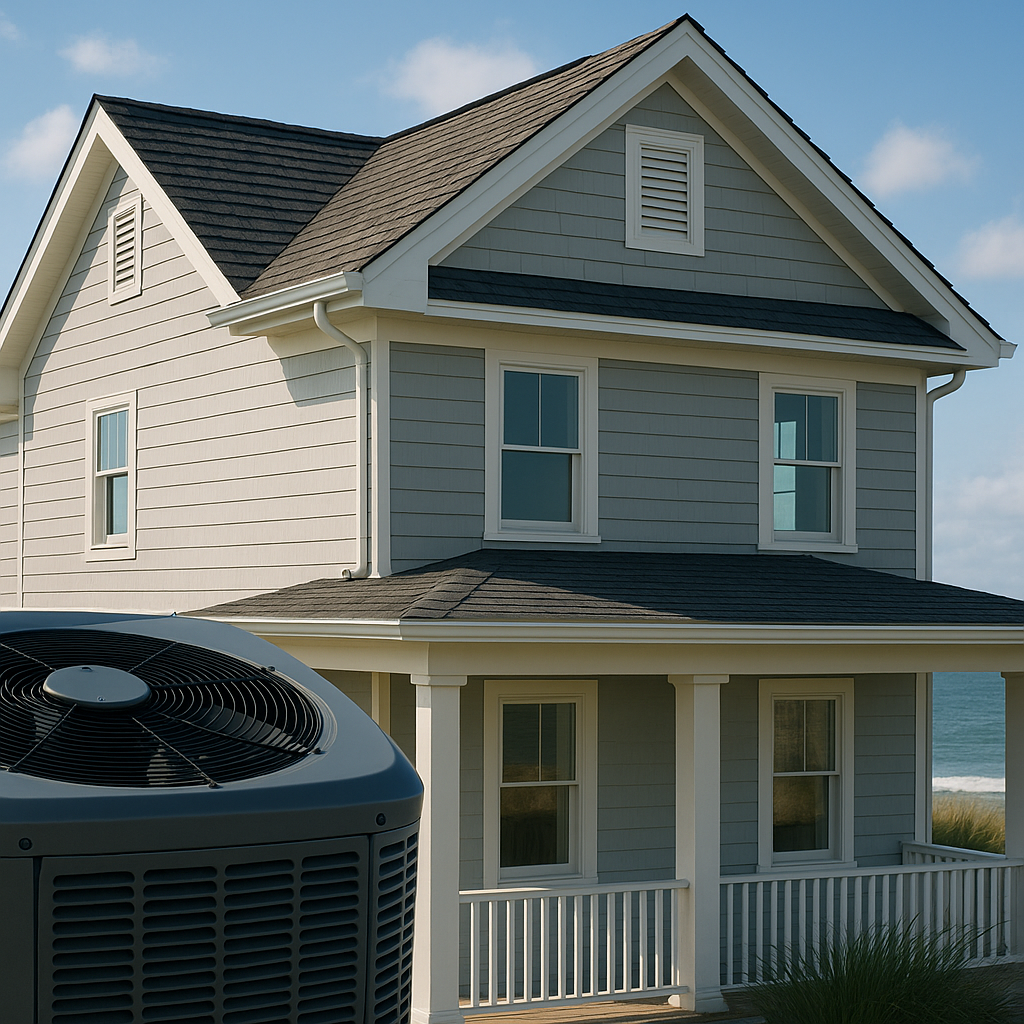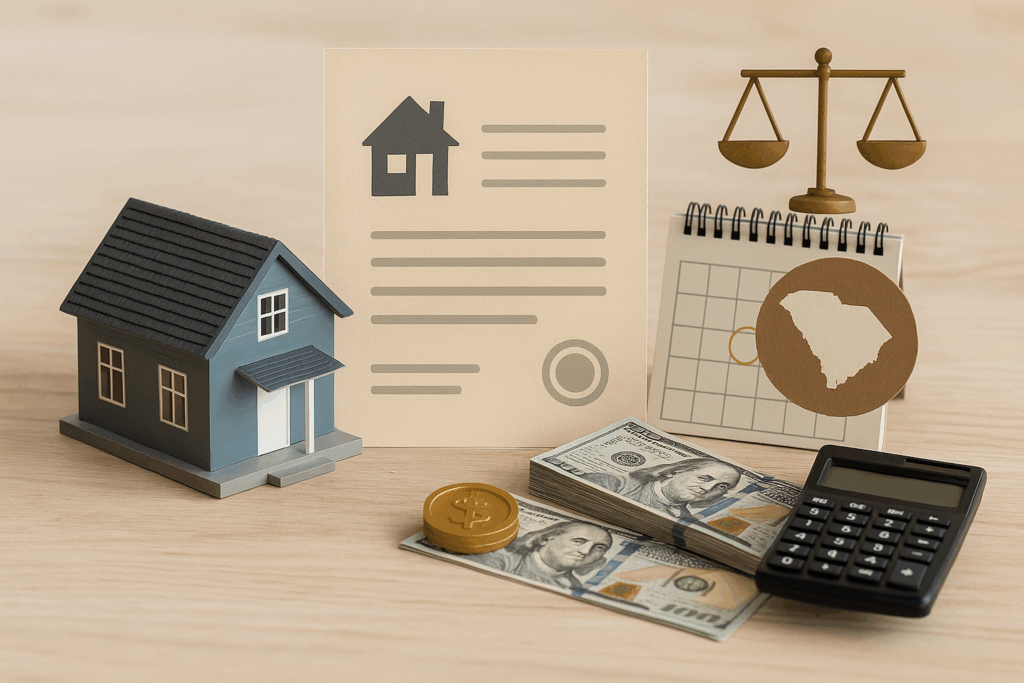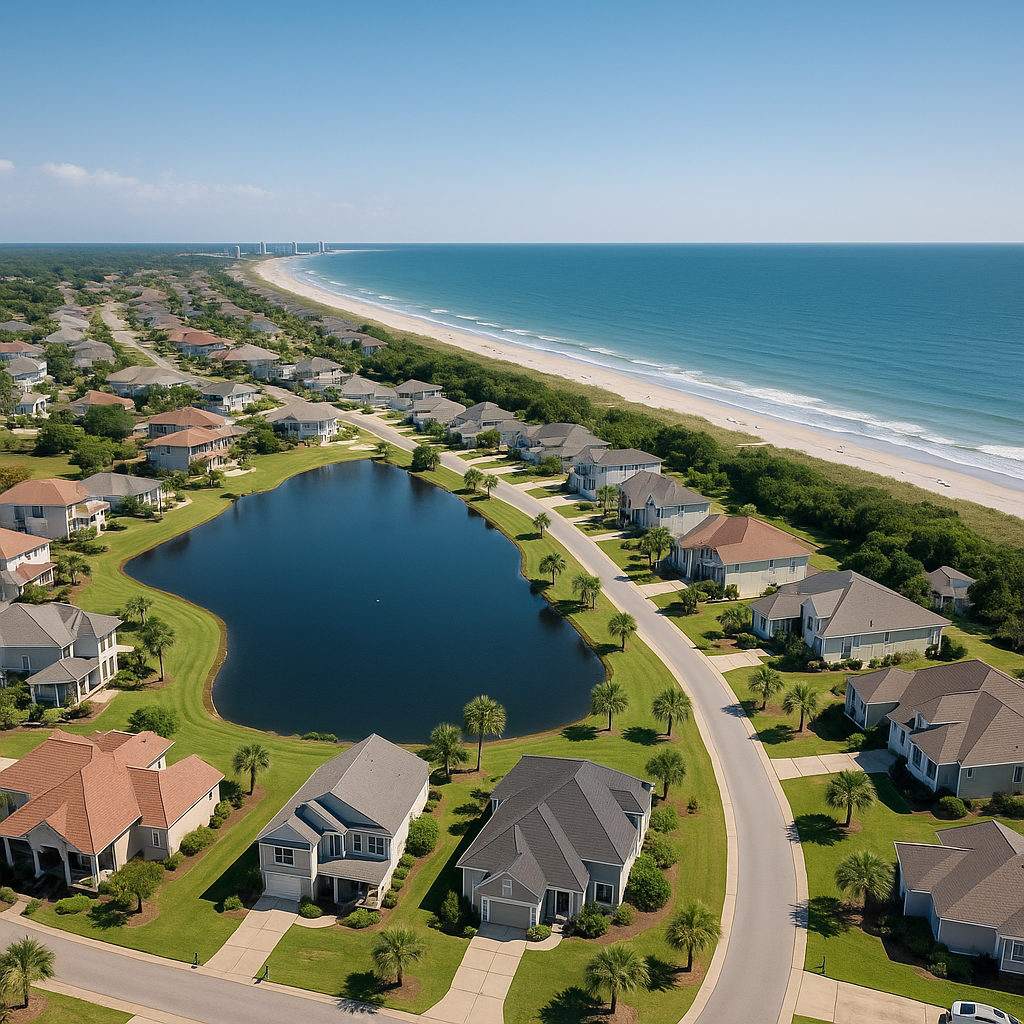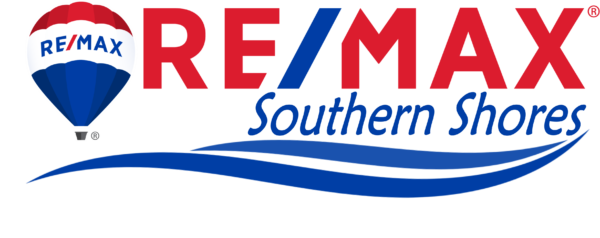When you picture living in Myrtle Beach, you might imagine sunny afternoons lounging by your very own pool. But before you start shopping for floats and sunscreen, it’s worth asking — do you really need a pool here?
In this guide, we’ll break down the pros, cons, costs, HOA options, and alternatives so you can decide if having a pool in Myrtle Beach is right for you.
The Perks of Having Your Own Pool
First, let’s talk about the benefits. A pool can make your backyard feel like a private resort.
Here’s why many Myrtle Beach homeowners love having one:
- Convenience – Swim anytime without driving to the beach.
- Privacy – No crowds, no noise, just your own space.
- Exercise – Swimming is great for your health.
- Entertainment – Pools are perfect for BBQs, parties, and family fun.
Plus, with Myrtle Beach’s long warm season, you can often use a pool from late spring to early fall.
The Drawbacks to Consider
However, having a pool isn’t all sunshine and cannonballs. There are downsides to think about, too.
- Maintenance – Cleaning, balancing chemicals, and keeping it safe take time and effort.
- Costs – Building a pool can cost $40,000 or more. Plus, you’ll have ongoing expenses for water, electricity, and supplies.
- Insurance – Some policies cost more for homes with pools.
- Space – If your yard is small, a pool might limit other outdoor uses.
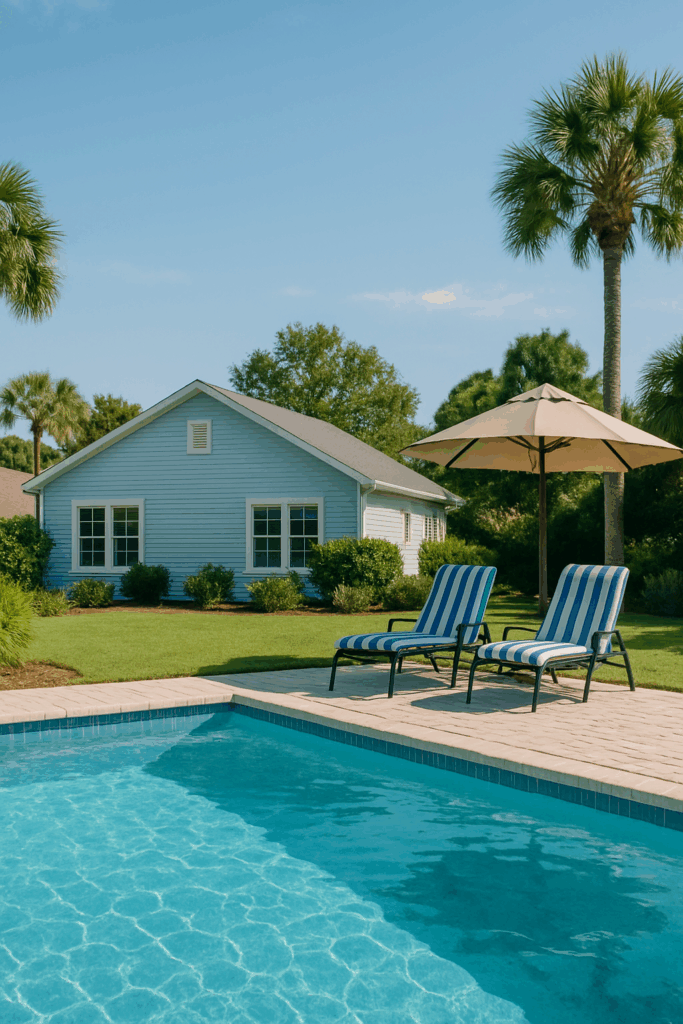
How Much Does a Pool Cost in Myrtle Beach?
Next, let’s talk numbers. In 2025, installing an in-ground pool in Myrtle Beach can cost between $35,000 and $70,000, depending on size, materials, and features like heating or lighting.
Maintenance costs usually run $1,200 to $2,000 per year for cleaning, chemicals, and repairs. Heated pools may add $50–$100 per month to your energy bill.
Many HOA Communities Already Have Beautiful Pools
Here’s something many new homeowners don’t realize — a large number of HOA neighborhoods in Myrtle Beach already have resort-style pools included as part of their amenities.
These pools are often:
- Well-maintained and cleaned regularly
- Large enough to avoid overcrowding
- Paired with clubhouses, fitness centers, and picnic areas
- Covered by your monthly HOA fees, so you don’t pay separate upkeep costs
One of the most popular examples is Waterbridge, which is home to the largest residential pool in South Carolina. This massive resort-style pool features waterfalls, bridges, and plenty of space to relax without ever worrying about pool maintenance in your own backyard.
This means you can still enjoy summer swims without having to clean, repair, or pay for a private pool. Communities like The Parks, Berkshire Forest, and Arcadia are just a few examples where residents enjoy gorgeous pool areas as part of their neighborhood perks.
Are There Other Good Alternatives?
If you love the idea of swimming but don’t want the full-time responsibility of a pool, there are other options beyond HOA pools.
- Above-Ground Pools – Lower cost and easier to remove.
- Local Water Parks – Myrtle Waves and other attractions offer day passes.
- The Beach – The biggest “pool” of all is only minutes away.
So, Is a Pool Worth It in Myrtle Beach?
Ultimately, the decision depends on your budget, lifestyle, and priorities. If you have the space, enjoy entertaining, and are ready for the upkeep, a pool can be a great addition to your home.
On the other hand, if you prefer low-maintenance living and want to save on costs, choosing a home in an HOA community with a pool may be the perfect middle ground.
Final Thoughts
Living in Myrtle Beach means endless ways to enjoy the water — whether it’s in your own backyard, your neighborhood pool, or the Atlantic Ocean just down the road. Before you decide, weigh the fun and convenience against the costs and upkeep so you can choose the best fit for your coastal lifestyle.
If you are looking to move to the Myrtle Beach area, go on over to jeremyblanton.com to schedule a call for help navigating your move to the beach.
